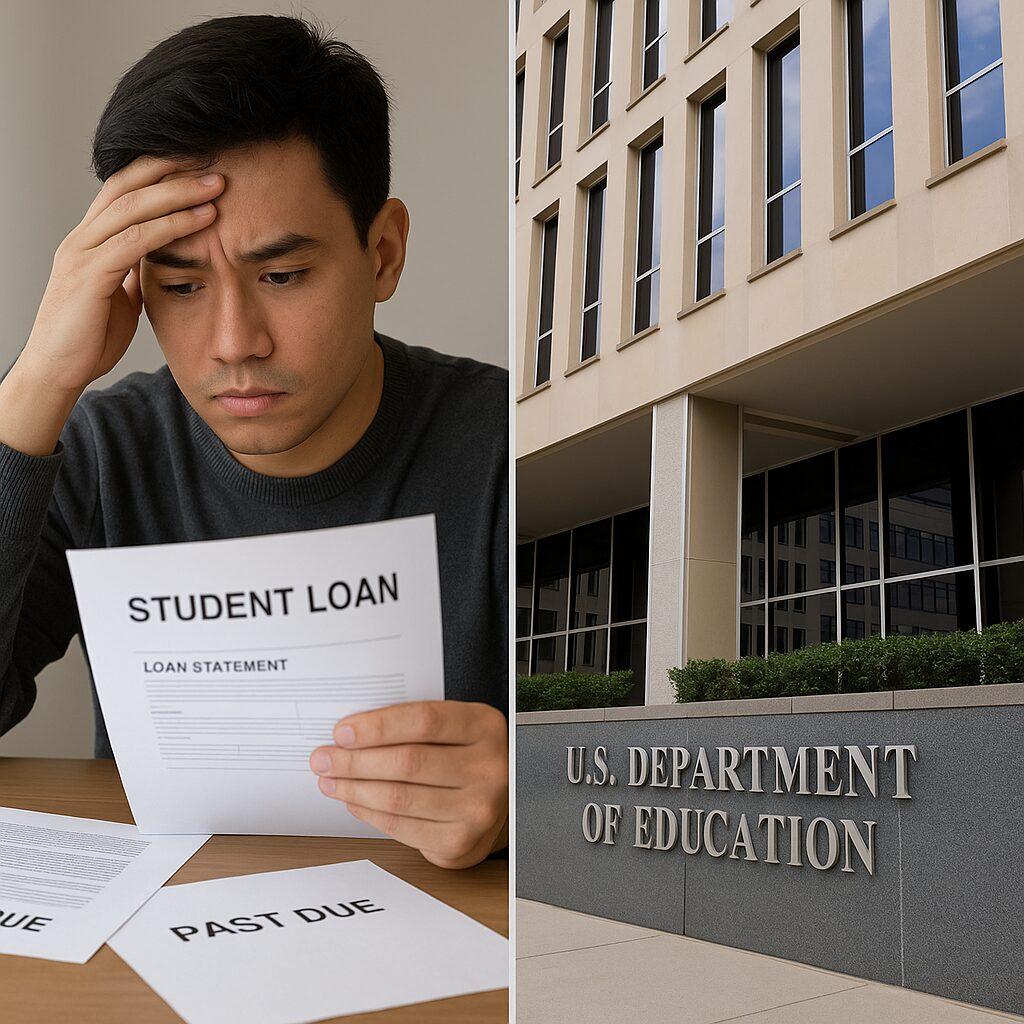Through the CARES Act, “most American adults” are promised financial aid, but this currently leaves out many undocumented individuals
For most Americans, financial stability was the primary concern following the massive shelter-in-place orders and the shutdown of multiple industries amid the coronavirus pandemic.
Following massive layoffs and workers receiving little to no paid leave, the threat of a ballooning unemployment rate and the financial overturn of families and individuals across the country continues to hang in the balance.
As a response to that, President Donald Trump on March 27 signed into law the Coronavirus Aid, Relief, and Economic Security (CARES) Act with the promise of helping millions of workers who’ve lost their jobs as well as small businesses that are at risk of shuttering.
In a press briefing hosted by Ethnic Media Services on Wednesday, April 8, immigration experts, as well as medical professionals, weighed in on the scope of the pandemic and the government’s response for capital relief.
Sunita Lough, a deputy commissioner for the Internal Revenue Services (IRS), said that, per the bill, the one-time $1,200 relief checks will be directly deposited into individuals’ bank accounts on Friday, April 17. (This is only if the IRS already has this information via tax returns.)
Lough affirmed that every individual with a social security number who cannot be claimed as a dependent on someone else’s tax return is eligible, and she warned against potential scammers saying, “Do not give your private information to anyone who says [they] can get your check for you.”
Instead, for those who may not have provided bank account information to the IRS previously will receive a paper check in the mail instead. Lough noted that delivery of the checks would take longer, so anyone who wants to submit direct deposit information to the IRS may visit its website on Friday, April 17 when an application will be live.
As for contracted workers — who make up a third of the workforce in several states — they are eligible for unemployment benefits under the CARES Act.
As previously reported in the Asian Journal, an additional weekly benefit of $600 would be provided to those who are eligible for unemployment benefits, but there may be some delay, said Sebastian Sanchez, staff attorney of the employment rights project at the law firm Bet Tzedek.
Sanchez said that there will likely be delays in the distribution of unemployment benefits under the CARES Act as states begin to reformat their programs to adhere to the new federal guidelines. In California, those who are unemployed or are eligible for unemployment may claim up to 38 weeks of unemployment through the California Employment Development Department (EDD).
Impact on undocumented immigrants
The Trump administration’s campaign to tighten legal immigration channels for a number of undocumented immigrants such as those receiving benefits from the Deferred Action for Childhood Arrivals (DACA) and people with legal temporary statuses.
“The bills that have passed Congress so far have not provided enough economic support or health coverage for immigrants, including those who have protection under the Deferred Action for Childhood Arrivals and Temporary Protected Status and others,” Kerri Talbot, director of federal advocacy at the Immigration Hub, said in the telebriefing. “We’re really concerned that during the crisis, people are not going to be able to access the health care that they need because they aren’t covered by Medicaid.”
DACA recipients’ futures, in particular, have remained in limbo following the Trump administration’s failed effort to terminate the Obama-era program via executive order in 2017. After years of injunctions by federal judges throughout the country, the decision is now in the hands of the Supreme Court, which is set to decide on the constitutionality of the termination later this year.
Many mixed-status households, like families wherein the parents are undocumented but have kids who are U.S. citizens, are not eligible for the $1,200 one-time relief check. Talbot noted in the press briefing that Immigration Hub is encouraging Washington lawmakers to include relief for undocumented people in the proposed fourth stimulus package.
“At the very least, Congress needs to make sure that people who were born here should have access to cash payments, and we believe undocumented individuals should as well. So many are doing essential services and working essential jobs,” she shared.







